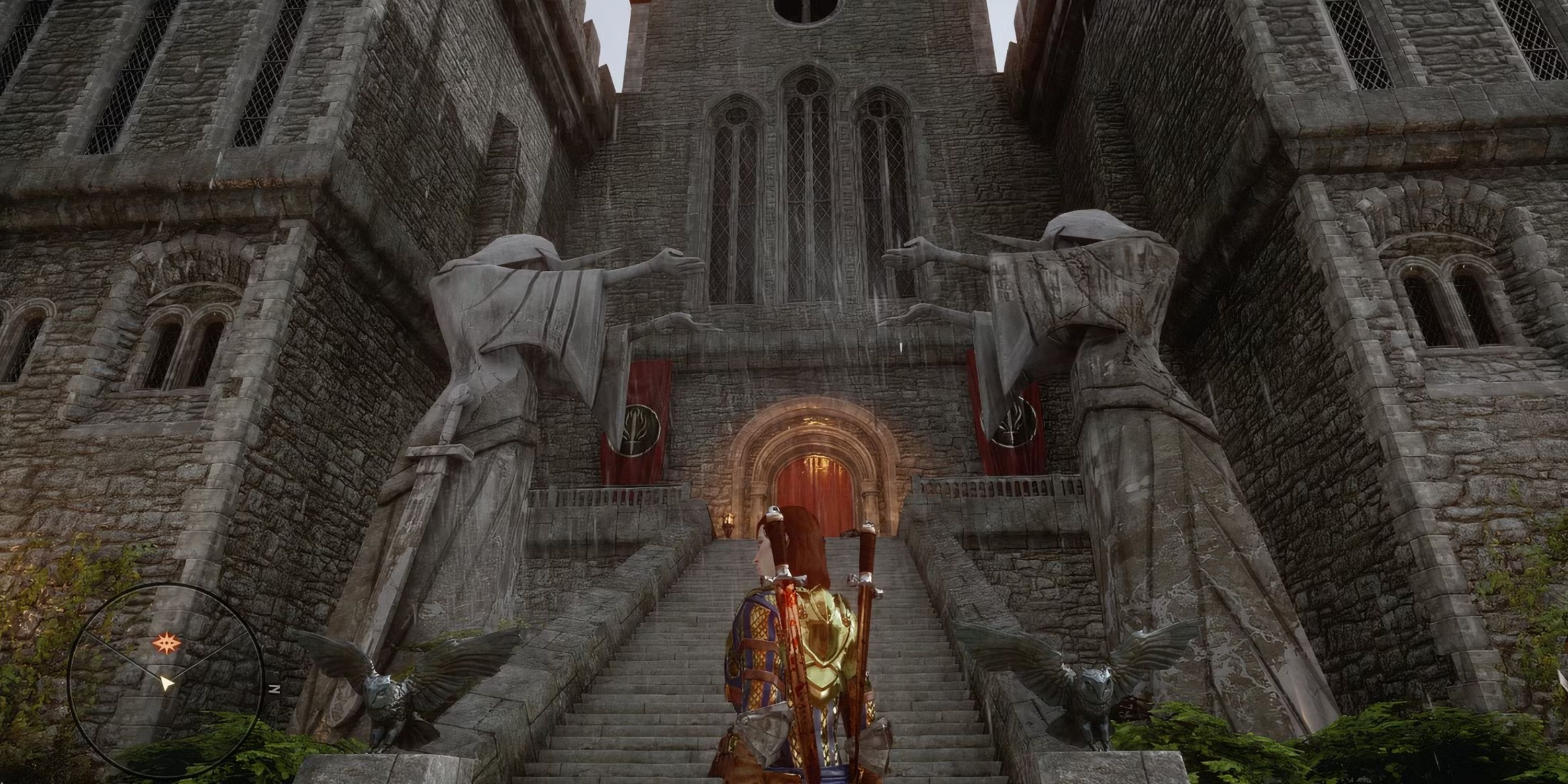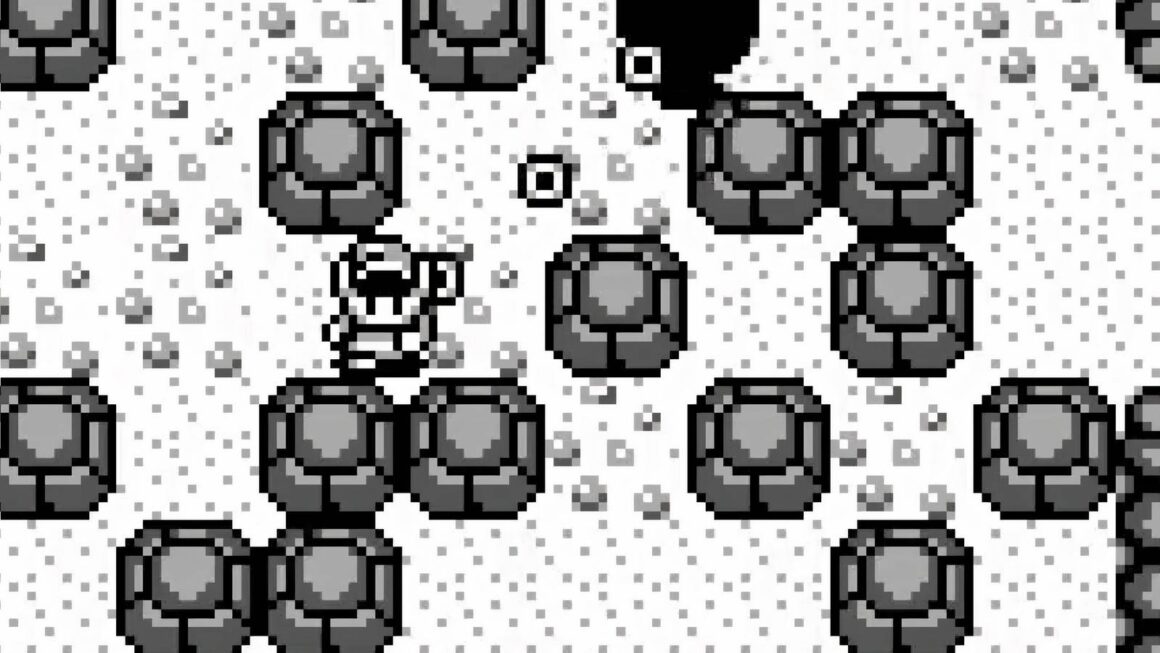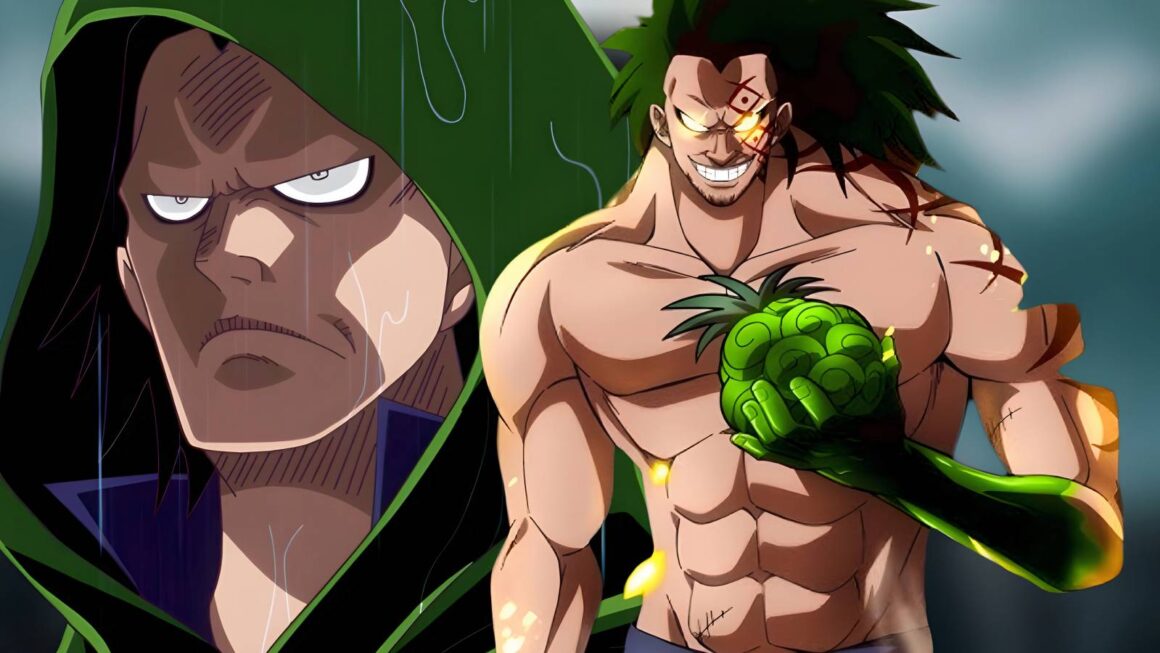
Abstract
- Open-world video games supply player-driven narratives that form distinctive endings based mostly on decisions, interactions, and exploration.
- Endings in video games like Cyberpunk 2077 and Crimson Lifeless Redemption 2 replicate private selections made all through the story.
- Titles like Kingdom Come: Deliverance and The Witcher 3 emphasize how participant decisions influence the sport world and character growth.
Typically, reaching the top credit is much less about what occurs and extra about what you probably did to get there. These open-world games don’t simply let gamers roam freely; they allow them to form their very own destiny, usually in delicate ways in which snowball into large penalties. Popularity techniques, loyalty missions, ethical dilemmas, even offhand facet quests. All of it issues.
And what makes these titles so compelling isn’t simply what number of endings they’ve, however how private these endings really feel. When the world remembers the way you handled it, that’s when issues begin to hit otherwise.
6
Kingdom Come: Deliverance
No Dragons, No Magic, Simply Penalties
Set within the gritty realism of Fifteenth-century Bohemia, Kingdom Come: Deliverance skips fantasy tropes and dives headfirst into political intrigue, social hierarchy, and the gradual grind of survival. Henry isn’t a selected one. He’s a blacksmith’s son. And whether or not he rises, stumbles, or fades relies upon fully on how gamers have interaction with the world. Dialogue, popularity, and even how clear he retains his garments, all issue into how others deal with him.
The sport’s last hours can really feel dramatically completely different relying on whether or not gamers select diplomacy, brute pressure, or stealth. And since most story beats unfold by dialogue and player-driven exploration, the load of each dialog builds towards a last act that displays the alliances and rivalries which have fashioned. It’s not all the time explosive, but it surely feels earned, and generally, that’s even higher.
5
Dragon’s Dogma: Darkish Arisen
Love Is Not A Selection, It’s A Consequence
There’s one thing superbly unhinged about how Dragon’s Dogma: Darkish Arisen handles its ending. It doesn’t simply have a look at which dialogue possibility gamers picked or whether or not they saved the village. It quietly tracks which NPC they interacted with most, gifted gadgets to, and even simply stood close to for too lengthy. Then, when the ultimate confrontation arrives, it chooses their “beloved” for them. Typically it’s the particular person gamers anticipated. Different instances, it’s the innkeeper with an amazing haircut they unknowingly spammed for quick journey. It’s half romantic, half hilarious, and fully unforgettable.
The ending isn’t nearly who gamers love, although. It’s about what sort of Arisen they selected to be. The sport world is stuffed with quietly branching paths, from whether or not they let sure monsters stay, to how deeply they engaged with the cult hiding in plain sight in Gran Soren. The ultimate act throws gamers into an existential meat grinder that fully recontextualizes their journey, with twists that really feel like they have been designed to be found on the second or third playthrough. After which there’s Bitterblack Isle. A post-game dungeon that turns into one thing way more sinister if gamers carry the fitting burdens with them. Each alternative leaves a mark, even when gamers don’t notice they’re making one.
4
Cyberpunk 2077
When Cyberpunk Isn’t Simply A Vibe, It’s A Ethical Fork In The Highway
For a sport that leans so exhausting into neon lights and chrome arms, Cyberpunk 2077 has an unexpectedly emotional heart. The bond between V and Johnny Silverhand is chaotic at greatest, but it surely finally ends up turning into the center of the story. And relying on how gamers deal with that relationship, together with a slew of facet decisions and loyalty missions, the ultimate chapter can swing in wildly completely different instructions.
But it surely’s not nearly which button gamers press on the finish. Night time Metropolis itself holds the important thing. Assist a personality with their private arc, and that may unlock an entire new chance down the road. Or ignore them, and watch that possibility disappear without end. Some endings really feel triumphant. Others really feel like a resignation. And some go away V’s destiny ambiguous in a method that makes silence really feel louder than any shootout ever may.
3
Crimson Lifeless Redemption 2
The Saddest Tales Are The Ones You Assist Write
Most individuals understand how Arthur Morgan’s story ends, however what they don’t all the time notice is how deeply that ending displays the best way he lived. The rockstar didn’t simply create an open world. They created an emotional scale that ideas in line with the participant’s honor. Assist a stranger repair his wagon and journey away with no phrase, and the sport remembers that. Select to rob a nun as a substitute, and the world modifications its tone fully.
The open plains of Crimson Lifeless Redemption 2 aren’t simply attractive backdrops for prepare robberies. They’re mirrors. And the ending, which adjusts based mostly on decisions each huge and painfully small, hits like a punch to the chest as a result of it doesn’t come out of nowhere. It’s the logical endpoint of who Arthur turned in a world that gave him each likelihood to vary, or not.
2
Fallout: New Vegas
“War Never Changes”… However The Means You Struggle It Completely Does
Nobody actually will get a clear slate in Fallout: New Vegas. Everybody’s received historical past, agendas, and money owed they faux they’ve paid off. And that features the participant. From the second the Courier wakes up in Doc Mitchell’s home, each choice turns into a part of a rising political avalanche. Facet with NCR and also you’re throwing in with bloated forms. Go along with Caesar’s Legion and also you’re signing up for brutality beneath the guise of order. Or possibly stroll the lonely path of Sure Man and declare the Mojave for your self.
What makes New Vegas so sensible isn’t simply that it affords branching endings. It’s that your complete construction of the sport is constructed round ideological pressure. Each faction needs you to consider they’re the fitting alternative. Each motion, whether or not it’s securing Hoover Dam or just selecting who runs slightly backwater city like Goodsprings, shifts the stability of energy. By the point gamers attain the ultimate act, they’re not simply closing a narrative. They’re signing off on a model of the longer term that they handcrafted.
1
The Witcher 3: Wild Hunt
Selections Don’t Simply Matter, They Linger
There’s a type of quiet cruelty in how The Witcher 3 handles its branching storylines. Gamers can spend hours chasing monsters, negotiating with spirits, or consuming with buddies, and suppose they’re heading in the right direction, solely to search out out a lot later that they weren’t. The world by no means yells at you for selecting flawed. It simply remembers. And when the time comes, it reacts.
What makes it sting is that many of the main modifications in The Witcher 3 come all the way down to the little issues. A gesture. A dialog left unresolved. A promise not saved. Whether or not it is about Ciri’s destiny or the political panorama of the Northern Kingdoms, every little thing shifts relying on how Geralt treats the individuals in his orbit. Gamers aren’t simply shaping a world. They’re constructing their very own model of Geralt, a person molded by the alternatives they made for him.





